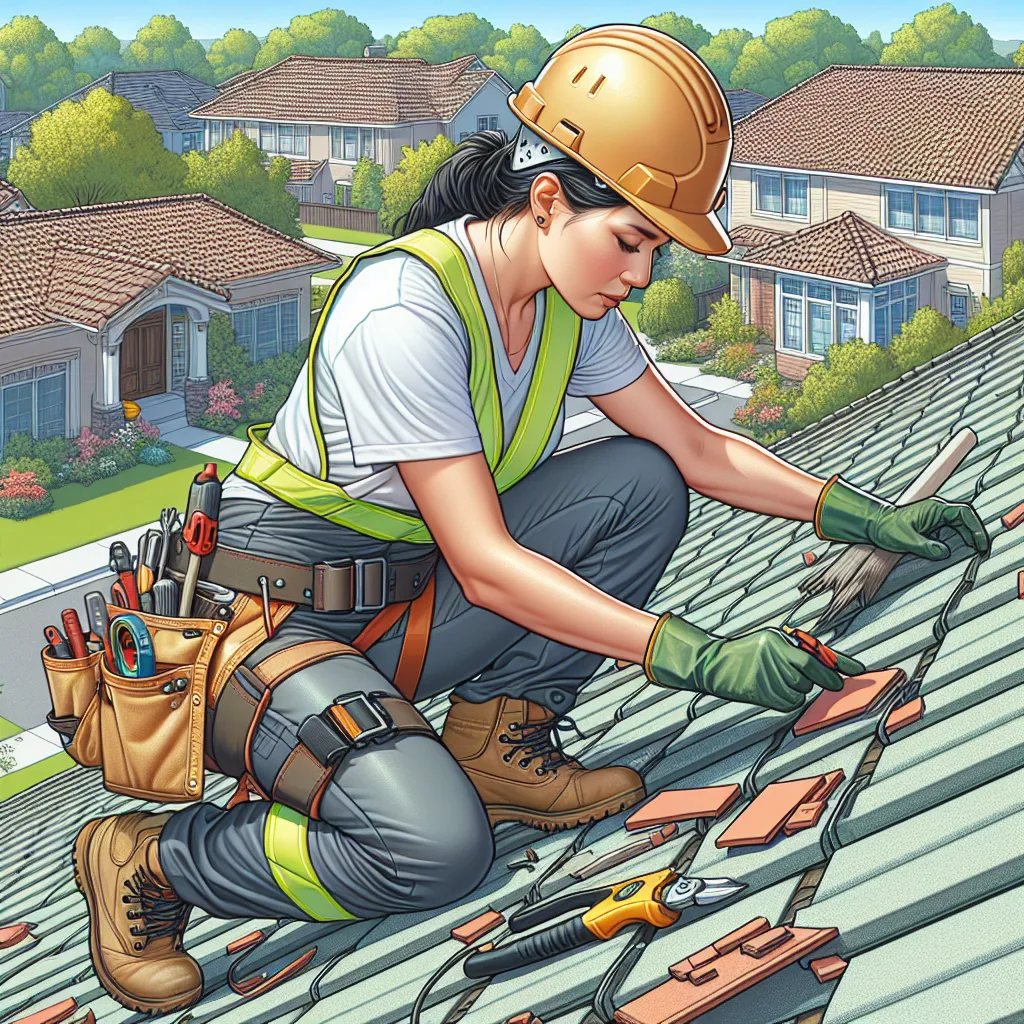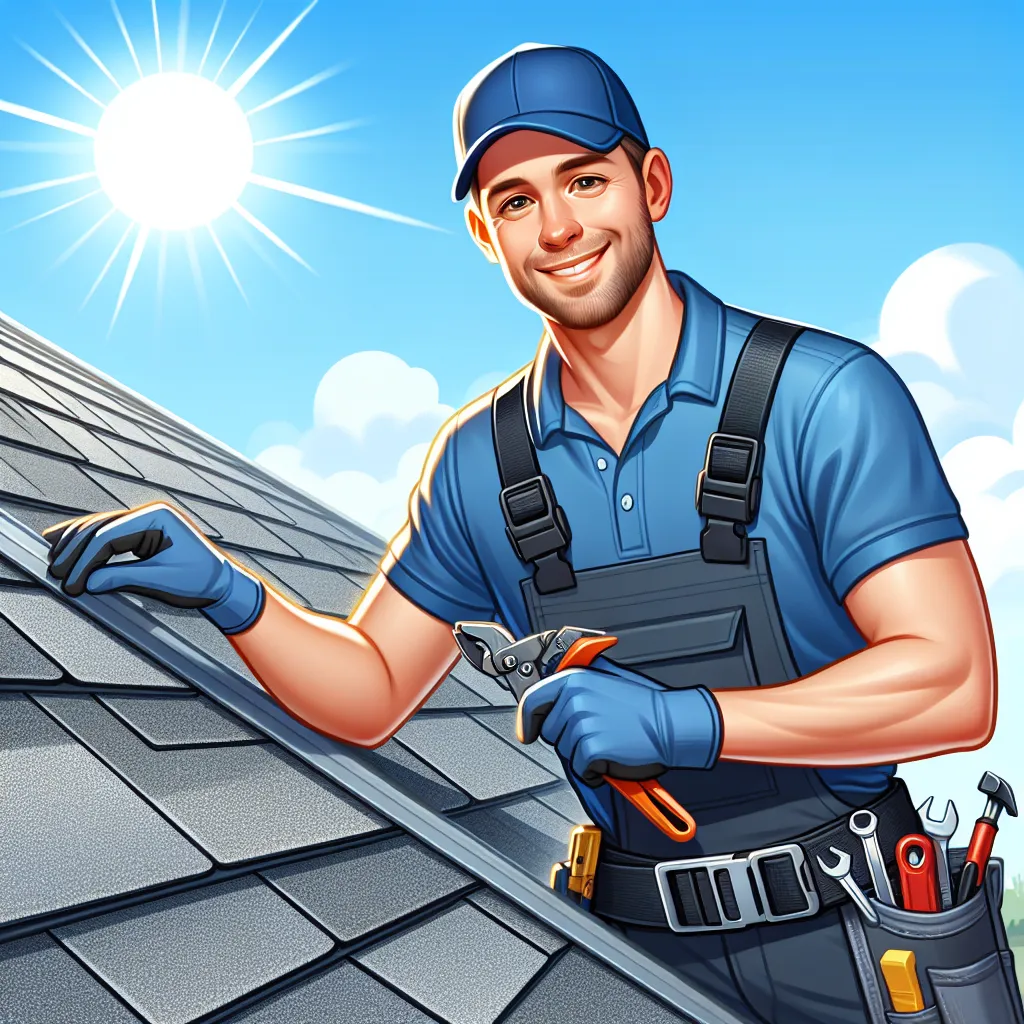If you’ve ever stared up at your ceiling and spotted a stain, you know the sudden panic that comes with roof worries. Company roofing isn’t just about shingles and nails; it’s about protecting everything that matters under your roof. Let’s break down what makes company roofing so crucial, why it’s not as simple as picking up a hammer, and how smart decisions now can save you buckets of cash and stress later.
What Is Company Roofing and Why Should We Care?
Company roofing covers all the services, repairs, and installations handled by a professional roofing company. It’s not just patching up leaks—think inspections, total replacements, emergency fixes, and even installing fancy skylights or custom gutters. We care because a roof is our first line of defense against storms, heat, and whatever else nature throws at our homes or businesses. A solid company roofing job means less stress, lower long-term costs, and a safer space for our families or workers.
The Benefits of Good Company Roofing
Protects What Matters Most
- Peace of mind: Knowing our roof is secure lets us sleep better at night.
- Prevents costly damage: A well-installed roof keeps out water, mold, and critters.
- Boosts property value: An attractive, sturdy roof is a big selling point.
Saves Money Over Time
- Energy efficiency: Quality materials and installation mean lower heating and cooling bills.
- Lower maintenance: Fewer repairs down the line when things are done right the first time.
Professionalism and Safety
- Licensed & insured pros: We avoid dangerous DIY mistakes and get warranties.
- Regulation compliance: No headaches with city codes or insurance claims.
The Drawbacks of Company Roofing
Let’s be real—nothing’s perfect. Here’s what can go wrong if we’re not careful:
- High upfront cost: Quality roofs aren’t cheap, but skimping leads to bigger bills later.
- Potential for poor workmanship: Not all companies are equal; bad work can mean leaks, wasted money, and even safety risks.
- Disruption: Roofing work can be noisy and messy for a few days.
When Should We Consider Company Roofing?
Practical Use Cases
- Old roofs (15–20+ years) showing wear, missing shingles, or leaks.
- Storm damage from hail, wind, or fallen branches.
- Renovations or adding new features like skylights.
- Energy upgrades—installing cool roofs, solar panels, or better insulation.
Real-World Example Table
| Scenario | Action Taken | Result |
|---|---|---|
| Hailstorm aftermath | Full roof replacement | Insurance covered costs; home value rose |
| Commercial expansion | Flat roof installation | Minimal business downtime; energy bills dropped |
| Leaky old roof | Targeted repairs | Extended roof’s life by 5 years |
How to Evaluate Company Roofing Options
1. Credentials and Experience
- Ask for licenses, insurance, and years in business.
- Check for manufacturer certifications.
2. Transparent Pricing
- Demand written estimates with all costs spelled out.
- Watch for hidden fees or “unforseen” charges.
3. Quality of Materials
- Don’t settle for the cheapest—look for trusted brands.
- Ask about warranties (materials and labor).
4. References and Reviews
- Read real customer feedback, not just testimonials.
- Ask for recent local projects to check out.
5. Communication and Process
- Good roofing companies explain every step.
- They keep us updated, answer questions, and show up on time.
Quick Comparison Chart: Roof Types and Lifespans
| Roof Type | Average Lifespan | Maintenance Level | Cost Estimate (per sq ft) |
|---|---|---|---|
| Asphalt Shingle | 15–30 years | Low–Medium | $3–$5 |
| Metal | 40–70 years | Low | $7–$12 |
| Tile/Slate | 50–100 years | Low | $10–$20 |
| Flat/Single Ply | 15–25 years | Medium | $5–$8 |
Success Stories: Company Roofing in Action
1. The School That Needed a Miracle
After a surprise summer storm, a local elementary school faced leaks in three classrooms. The company roofing team had the building watertight in under 48 hours. School opened on time, and the principal called it “a lifesaver for our kids.”
2. Saving Grandma’s House
A retired woman noticed a sagging spot in her ceiling after heavy rains. Rather than just patching, the crew found rotten decking and fixed it all. The new roof came with a 30-year warranty, and her grandkids now play safely in the living room again.
3. Business, Not As Usual
A small bakery faced closures due to a failing flat roof. The company roofing crew worked nights so the ovens never stopped baking, and the owner didn’t lose a single day’s sales.
Company Roofing Costs: What Should We Budget For?
Let’s break it down with a simple graph:
Frequently Asked Questions About Company Roofing
How often should I consider replacing my roof?
Most roofs last between 15 to 30 years, depending on the material and climate. Regular inspections help identify early signs of wear.
What is the difference between repairing and replacing a roof?
Repairs fix specific issues like leaks or missing shingles, while replacement involves removing the entire old roof and installing a new one for better protection.
Can I stay in my house while the roof is being replaced?
Yes, most roofing projects are completed in 1 to 3 days, and homeowners can usually remain inside, though it will be noisy and somewhat messy.

